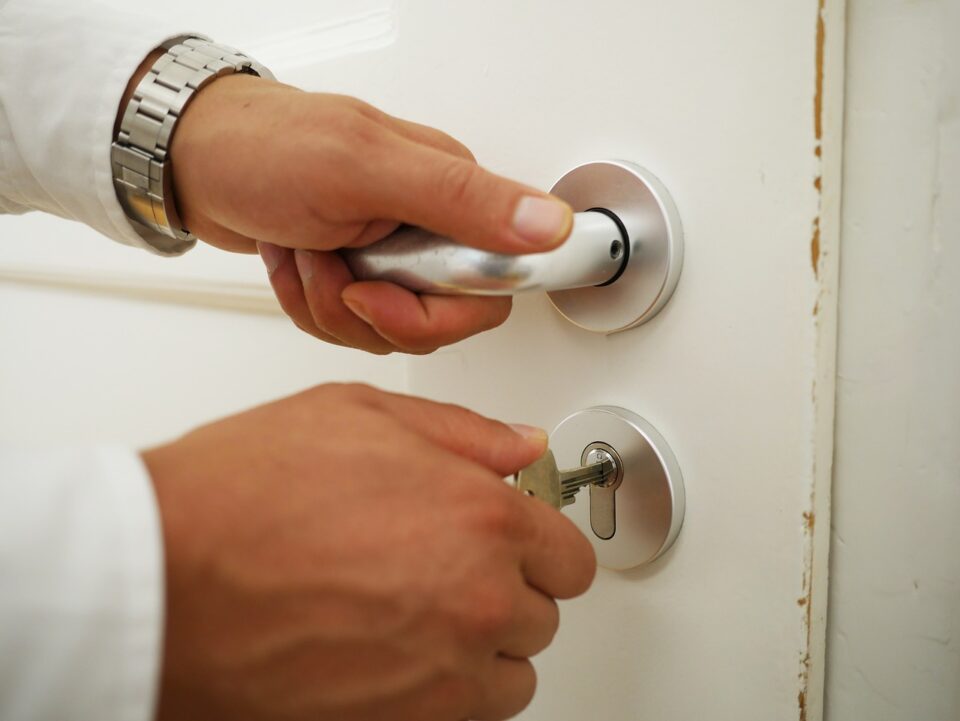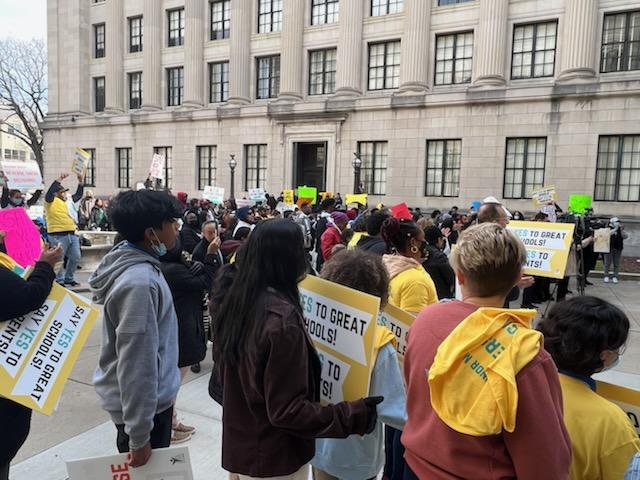
Three Cheers for the New Jersey Department of Education!
February 3, 2023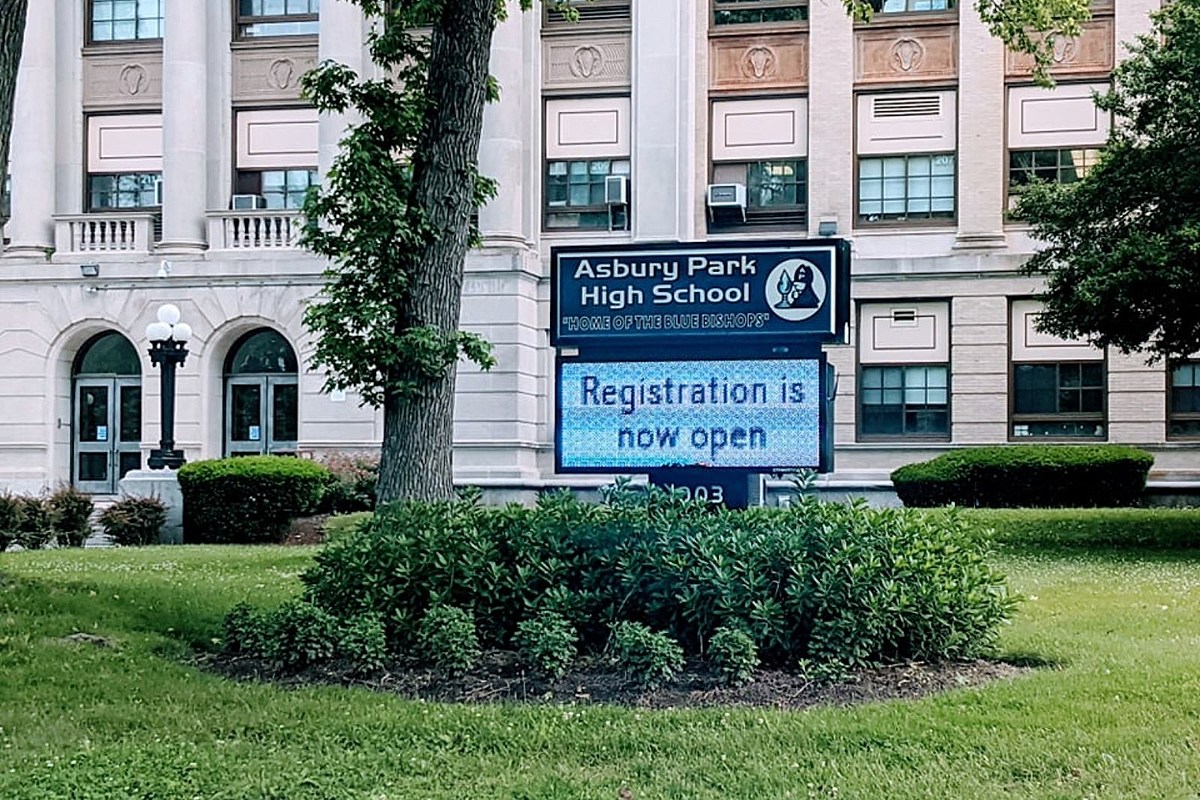
ANALYSIS: If You Ever Needed More Proof That Asbury Park is Impervious to Improvement, Here It Is
February 3, 2023Breaking the Stigma and Gaining Understanding Around Special Education Services
These contributors are KIPP NJ educators, staff members, and parents in Camden and Newark.
Across the United States, 7.2 million students receive support from an Individualized Education Plan (IEP) to address learning difficulties caused by a diagnosed disability. According to the Institute on Disability, New Jersey has the largest percentage of students receiving these special education services, 11.6 percent of the student population across the state, representing one-third of all NJ classified students.
An IEP is a plan developed to ensure that a student with an identified disability who is attending an elementary or secondary educational institution receives specialized instruction. Schools must provide eligible students with an IEP and subsequent support according to law, giving students, families and schools legal protections.
IEP plans include specific components with an individual child in mind to address their needs; as every child is different, and what applies to one child may not apply to all. The specialized plans present levels of educational performance, measurement of goals and special education with related services. The process begins with a referral and evaluation with specific information from teachers, parents and doctors to develop an evaluation report that outlines the skills that the child will need. The developed plan can include support services such as special education with trained specialists, speech therapy, physical therapy and counseling.
As parents, special education educators, and a learning specialists in the Newark and Camden communities, we are eager to share our experiences navigating IEPs and share advice about breaking the stigma and supporting students with learning disabilities to become lifelong learners.
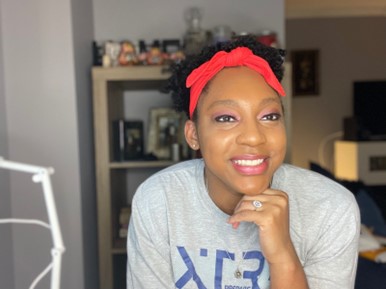
“I believe that being transparent about a child’s disability can help them become better self-advocates and more empowered learners,” said Tianna Robinson, a middle school learning specialist at KIPP New Jersey. “Over time, I’ll start explaining that a learning disability means that a person acquires knowledge differently than other students, but that they’re just as capable of learning and excelling.”
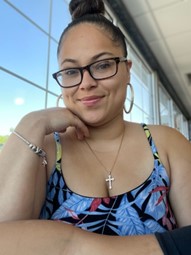
“My advice to other families whose students have an IEP is to communicate with teachers,” said Vivian Melendez, a parent of a student with an IEP. “When you first start off with an IEP, there’s paperwork and it can feel overwhelming. But as a parent it’s important to understand your child’s needs and ask questions throughout the process.”
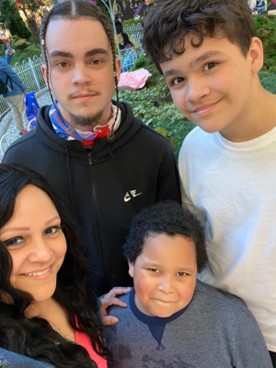
“My goal as a parent is to act as a partner with teachers and support my children’s learning at home,” said Erika Noboa, a mother of three children with IEPs. “It’s hard when families have to juggle work schedules and their children’s education, but I think it’s important to set aside time every day to read books with them or connect about their day.”
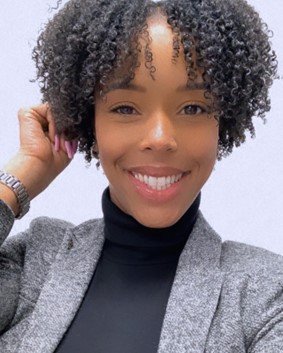
“Students with IEPs can achieve success. If a student has a disability, it does not mean they have an inability to learn, they just access knowledge differently,” said Martina Godbolt, high school special education teacher at KIPP High School in Camden. “Partnerships with families are important, and it enhances academic growth. Therefore, I prioritize family communication and encourage families to visit my classroom.”
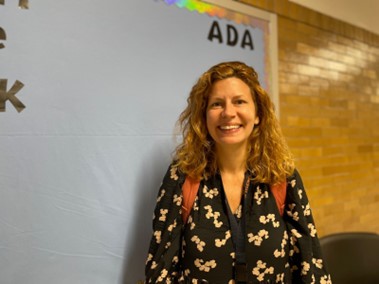
“In my role, I feel passionate about ensuring that our special education program allows every child to access the same education as their peers in general education,” said Jaime Downey, director of special education at KIPP New Jersey. “The goal in our classrooms isn’t just that students grow academically, it’s that they feel excitement and joy when they come to school everyday and become lifelong learners.


